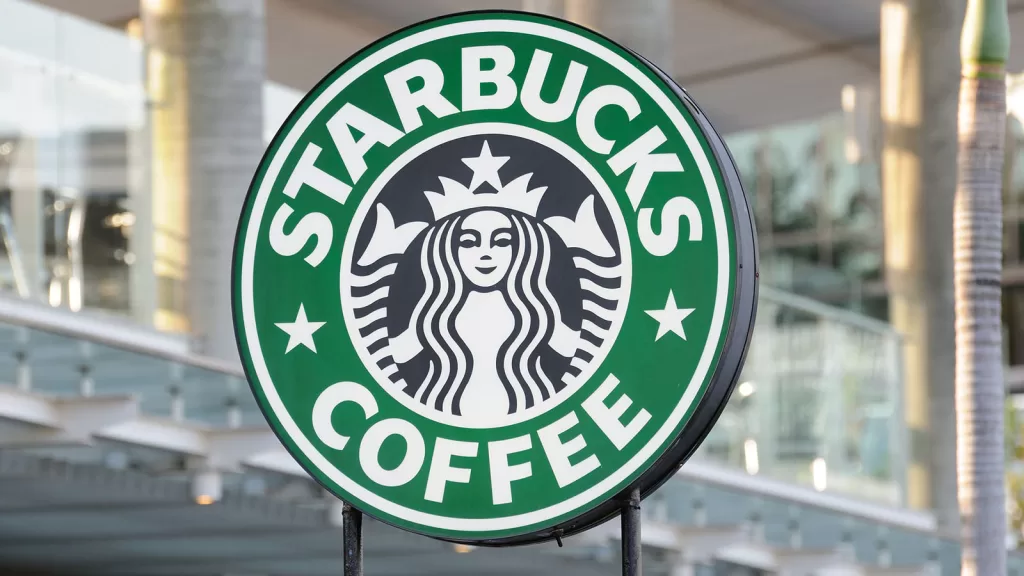Living paycheck-to-paycheck is stressful. While you can’t live your life like it’s a sacrifice, there are ways to improve your financial situation. The first step is stop spending money on things that you probably cannot afford.
Here are 18 things you might be spending money on that you can probably do without.
Your wallet will thank you.
Designer Coffee

Daily coffee shop visits add up, and this is especially true if you work at a place with unlimited free coffee. Even if you don’t, brewing your coffee at home can save you hundreds of dollars a year.
Opting for more affordable alternatives or brewing your own coffee at home can significantly reduce expenses and contribute to saving money for more pressing needs or emergencies. By being mindful of your spending habits and focusing on essentials, you can better manage your finances and work towards achieving financial security in the long run
Brand-Name Groceries

With groceries, opting for name-brand items can significantly strain already limited finances. Generic or store-brand products typically offer the same quality and nutritional value as their more expensive counterparts, but at a fraction of the cost.
By choosing these alternatives, you can stretch their grocery budgets further, allowing for more essential expenses to be covered. And, saving money on groceries by opting for generic brands can provide a financial buffer for unexpected expenses or emergencies, offering a sense of security in an otherwise precarious financial situation.
Unused Gym Memberships

If you’re not regularly visiting the gym, consider canceling your membership. Instead, try free outdoor activities or home workouts. But if you are, keep it (and keep using it). There is no better investment than your health. Your future healthcare bill will thank you!
Cable TV
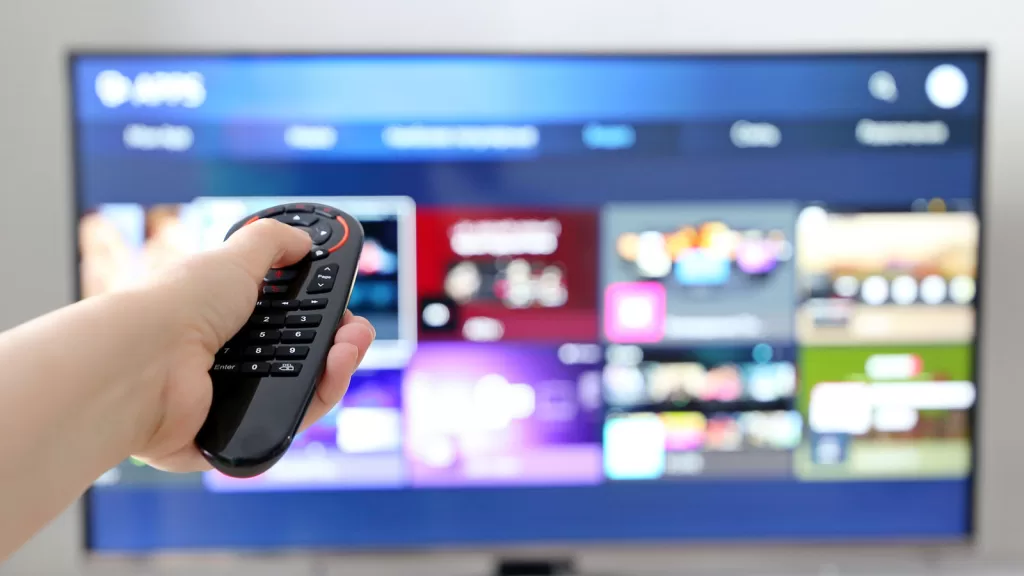
Cable TV subscriptions can be costly, adding an extra burden to your already tight budget. Cutting this expense can free up funds for essential needs like groceries, rent, or utilities, providing a bit of financial breathing room.
Additionally, many alternatives, such as streaming services or free-to-air channels, offer diverse content at a fraction of the cost. By forgoing cable TV, you prioritize financial stability and ensure that your hard-earned money is allocated to necessities rather than luxuries.
Eating Out Frequently

Going to restaurants is fun, but it’s also expensive. Cooking meals at home tends to be more cost-effective, allowing you to stretch your budget further.
Eating out regularly can also contribute to poor dietary choices, potentially impacting your health. By preparing meals at home, you have more control over the ingredients and portion sizes, promoting healthier eating habits.
Impulse Buys

Avoid buying items on a whim. Make a shopping list and stick to it, or use the 24-hour rule of letting things sit in your digital shopping cart for at least a day before deciding to buy. This strategy alone will help avoid about 99% of your impulse buys.
This will take some practice but if you’re living paycheck to paycheck, it’s time well spent.
High-Interest Credit Cards
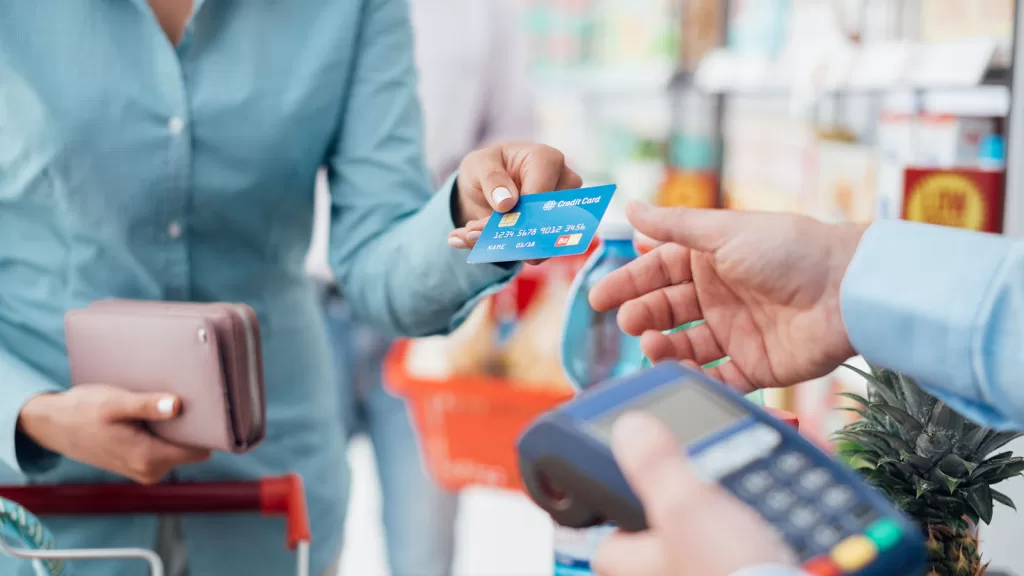
The burden of high interest rates exacerbates financial strain, making it exceedingly difficult to break free from the cycle of bad debt. When every paycheck is stretched thin to cover basic necessities, the additional expense of high-interest payments only deepens the financial hole.
Moreover, reliance on credit cards to bridge gaps between paydays can lead to a snowball effect, as mounting debts accrue interest faster than they can be repaid, trapping individuals in a perpetual cycle of indebtedness.
Extended Warranties

Most extended warranties aren’t worth the cost (and many credit cards already warranty many of the products that you buy with it). Products seldom break within the extended warranty period, and even if they do, it’s still your responsibility to ensure the warranty covers the break, get it fixed, and then submit for reimbursement.
Fast Fashion

Investing in higher-quality clothing that lasts longer can be more economical in the long run than constantly buying cheap, trendy items. Remember that trends always change, meaning you’ll be in a constant state of buying the newest brands every year.
These costs add up extremely quickly.
Bottled Water

While it may seem like a convenient choice, bottled water often comes with a hefty price tag compared to tap water, which is typically much more affordable or even free. And the environmental impact of single-use plastic bottles is substantial, contributing to pollution and harming ecosystems.
Instead, choose reusable water bottles and use tap water can alleviate both financial burdens and environmental stress, offering a more sustainable and cost-effective solution for those on tight budgets.
Latest Tech Gadgets

I get it…buying cutting-edge technology is alluring, but spending money on such purchases when basic needs may be unmet can lead to a cycle of debt and financial strain. In this situation, prioritizing essential expenses like rent, groceries, and utilities is crucial for maintaining stability and avoiding unnecessary financial burden.
Rather than succumbing to the temptation of immediate gratification, it’s prudent to focus on building a secure financial foundation before indulging in non-essential purchases.
Fancy Car Washes

Washing your car at home can save you considerable money over time. And once you have the routine down, it won’t take very long, either.
Premium Gasoline
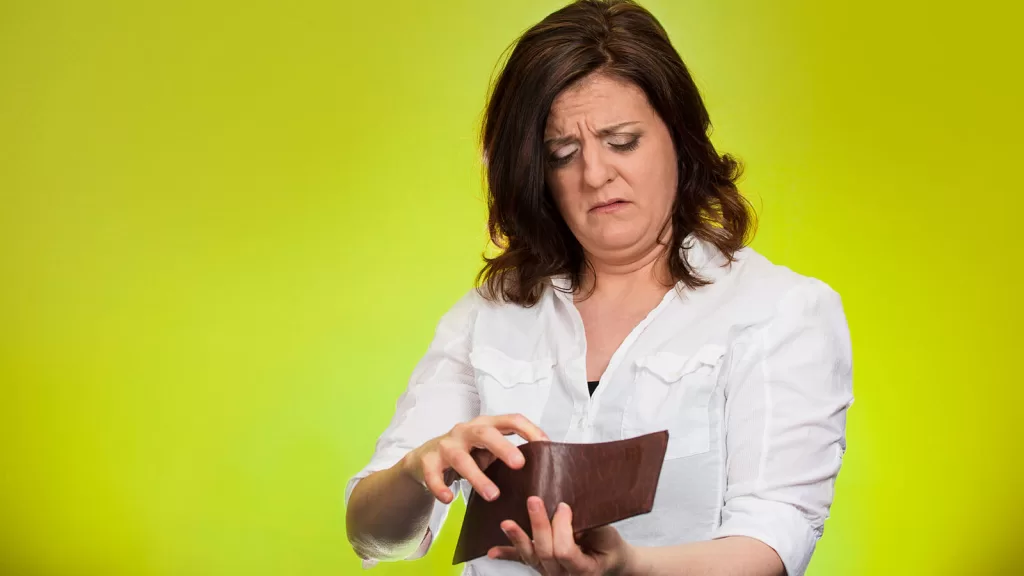
Unless your vehicle specifically requires it, you don’t need to fill up with premium fuel. Opt for less expensive options and save a lot of cash at the gas pump.
Bank Fees

Avoid bank fees by maintaining minimum balances, using in-network ATMs, and choosing a bank account with no monthly payments.
Energy Inefficiency

Save on utility bills by turning off lights when not in use, using energy-efficient appliances, and fixing leaks.
Expensive Hobbies

Find more affordable ways to enjoy your hobbies or try less expensive ones.
Lottery Tickets

They say you can’t win if you don’t play. But let’s face it, even if you do play, you won’t win. The odds are against you. Save the money you would spend on lottery tickets.
Excessive Gifts
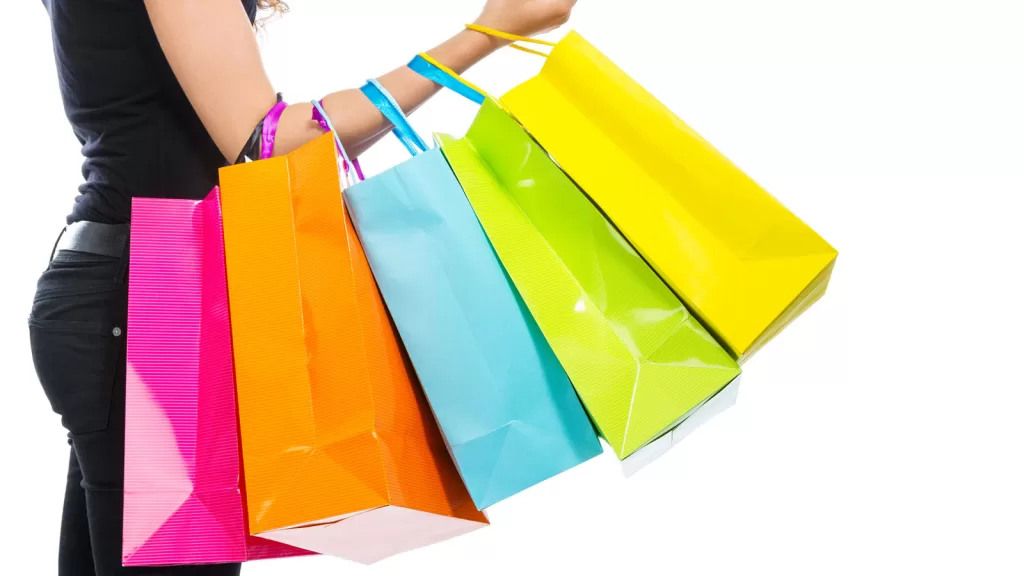
While it’s nice to give gifts, doing so excessively can strain your budget. Consider handmade gifts or experiences instead.



